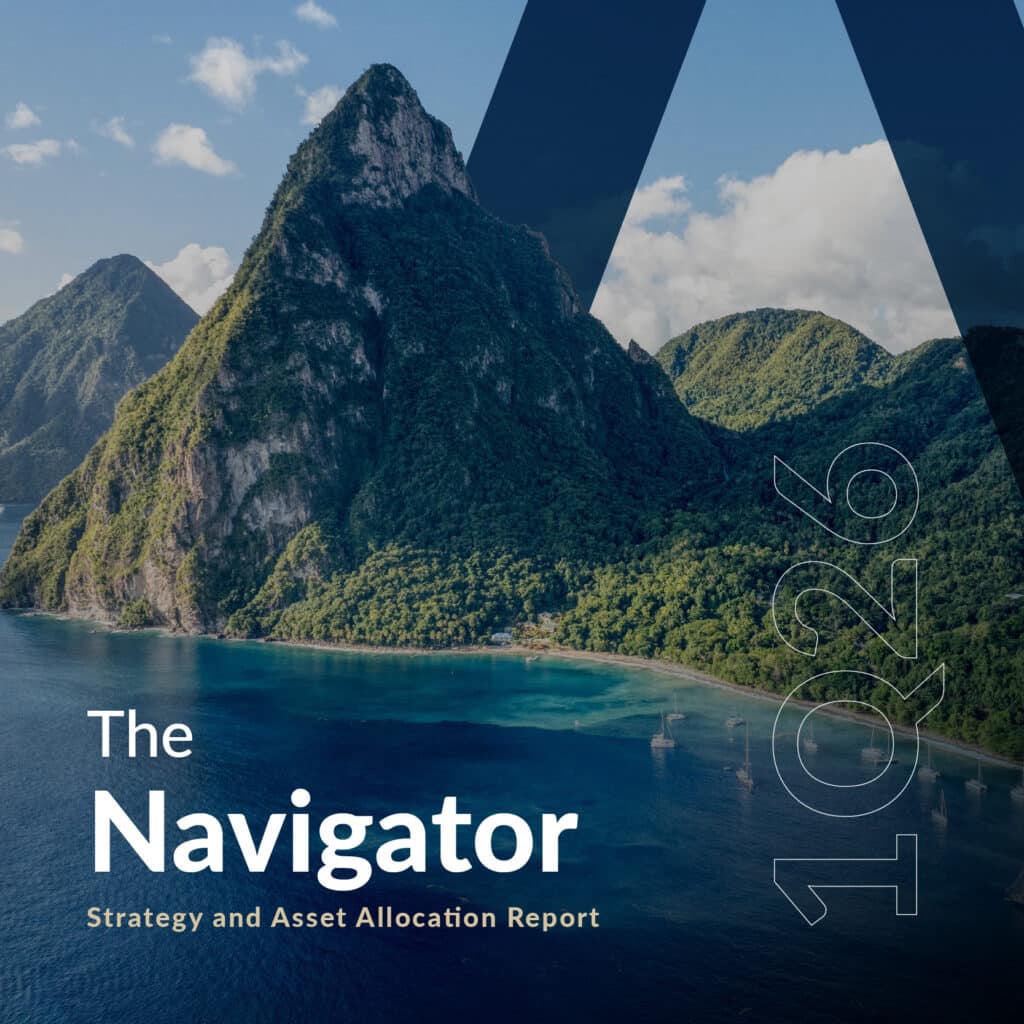MTN released its 1Q20 trading update on 14 May, with the company saying that it grew service revenue by 17.4% YoY on a reported basis (or by 11.1% YoY in constant currency terms). We were expecting c. 13.4% YoY growth on a reported basis, so from our perspective the result looks solid. The EBITDA margin increased by 2.1% YoY, giving investors 15.6% YoY constant currency EBITDA growth. We note that it is pleasing to see that margin expansion coming through, which is in line with our thesis. However, relative to Vodacom, the South Africa (SA) result was slightly disappointing. Vodacom grew its service revenue by 5% YoY in 1Q20, whereas MTN said that if you normalise for the impact of issues on roaming (still only accounting for Cell C on a cash basis and it lost Telkom from June last year), service revenue was flat.
In aggregate, we believe this was a very solid performance for the quarter. Sadly, it is all about the future. At this point, it does not look like MTN is abandoning its guidance, which is good news and we highlight that it is priced for a significant deterioration across many of its markets already. MTN is saying that a dividend has been declared by Nigeria, but this is subject to board approval on 15 May. The acid test will be to see if the company can get that US$131mn out of the country!
On the MTN 1Q20 results call, we were listening carefully for anything that could be interpreted as materially worse than is already being priced in. In summary, we thought that the message from management was ok. Below, we highlight some of the main points:
- While the SA performance was a bit disappointing, at a Group level, 1Q20 overall was a really decent performance. However, as management acknowledged, it is now all about the storm clouds hanging over its outlook.
- On the impact of CV-19 so far, the company said it is seeing data consumption rising by c. 30%, on average, in April vs February. However, this is being offset by voice, which is down 5%-10% over the same period, as well as weak roaming revenue (because no one’s travelling) and much reduced subscriber connections. The firm said that it is starting to see some signs of voice and subscriber additions recovering very recently. Financial and technology (fintech) is also down since, like Vodacom, it is discounting peer-to-peer (P2P) transfers at the moment.
- A notable development in this update was that MTN has cut its capital expenditure (capex) guidance for the year from R28bn to R21bn-R22bn. We think the market reaction to this was quite negative as, when MTN has cut capex in the past, it has come back to haunt it subsequently in terms of loss of market share. Management came out very strongly to stress that this was not driven by a desire to save cash, but was instead a reflection of the practical reality of what CV-19 means for deploying network, as well as kits stuck in ports etc.
- There was also a focus on what is happening around the Group’s ability to repatriate capital out of its other markets. Nigeria is the main one in the spotlight of course. The board is due to approve the dividend at the AGM to be held on 15 May, which equates to US$131mn that is due to the Group. Unlike 2016/2017, when MTN experienced a complete freeze in foreign exchange availability in Nigeria, it is saying that its base case, now that the Nigerian Autonomous Foreign Exchange Rate Fixing (NAFEX) mechanism is in place, is that it expects to be able to accumulate US dollars over a period of several weeks and will then be in a position to repatriate the dividend to its Head Office. It remains to be seen if that is what transpires, of course, but we believe that it is a good outcome vs what is priced in if it does!
- On the promised R25bn asset realisation programme, MTN says that CV-19 is slowing things down. This was always a three-year promise from MTN, but we think there was a strong expectation that it would be done much sooner than that. The two big components of this are the sell down of its stake in IHS Group and a sell down of part of its Nigeria stake to locals. The IHS sell-down is subject to a listing of IHS, progress on which has come to a halt. It is getting on with preparations to sell down Nigeria but will not pull the trigger in the current environment. According to the company, realistically these transactions are probably only going to happen in 1Q21, but there is a possibility it could be 4Q20.
- On the prospects for the dividend (it is guiding to a progressive dividend that grows by 10%-20% p.a.), MTN is saying that it will assess the situation ahead of declaring its interim dividend in August. It typically pays out one-third of the full-year dividend at the interim stage, so it is possible that the crunch point will only come in March 2021. Based on what the firm is saying about cutting capex and being able to get dividends out of Nigeria, it is not obvious to us why it would be forced to cut the dividend. This is clearly a risk though, considering how swiftly things can change.
- At this stage, MTN is envisaging a tough two quarters ahead, with the situation only improving in 4Q20. The main basis for this appears to be the current view that CV-19 infections will peak in SA in September, which MTN is evidently extrapolating across the rest of its African markets.
- MTN is also seeking to have the class-action lawsuit that was brought against it by the US for allegedly funding the Taliban in Afghanistan dismissed. This is on the grounds that the US court has no jurisdiction over MTN as the company does not operate there and because the complaint does not allege any conduct by MTN that violates the Anti-Terrorism Act. In our view, it will be a big cloud lifted over the company if this indeed goes away as it’s pretty much impossible to quantify the impact on the company, if such a case were to be successful.
In conclusion, none of the above struck us as being news that is materially worse than what the market would have expected. If anything, MTN’s confidence in being able to get money out of Nigeria should be slightly reassuring. Nevertheless, one must be ready for a few bumps along the road over the next couple of quarters. However, the sell-off in the share that drove it into the low-R40/share range has already been pricing in a pretty dire outlook for the Group and MTN is an example of a share which we believe has more than 50% upside potential.
Mobile telecommunication has been strong sector internationally this year and Vodacom is up c. 13% for the year (to 14 May), while MTN has fallen sharply (c. 42% YTD), largely because of its Nigerian exposure (27% of profits). This contribution will fall assuming a significant devaluation of the naira is in prospect. However, as one of our group of selected higher-risk recovery plays, we think that thesis still holds. Currently, the market capitalisation of MTN Group is R90bn. We note that the market capitalisation of MTN Nigeria (in which MTN has a 78% stake) is R107bn, while that of MTN Ghana (in which MTN has an 85% stake) is R22bn. While admittedly the market is full of listed companies trading at significant discounts to NAV and investors would likely be very sceptical of valuations derived from relatively illiquid exchanges such as Nigeria and Ghana, it is still noteworthy that MTN’s market capitalisation is below its effective interest in just its Nigerian and Ghanaian subsidiaries (together these accounted for c. 44% of Group EBITDA in FY19).
Alternatively, if we use Vodacom as a proxy to value MTN’s SA business and add the value of MTN’s stake in IHS Group and deduct all the holding company debt from this value, this equates to c. R37/share, implying the market is ascribing very limited value to the rest of MTN’s operations. Sceptics will argue, with fair justification, that holding company structures like this are extremely out of favour among institutional investors and thus can remain value traps until there is a clear catalyst to break them up and unlock value. Be that as it may, we believe these perspectives on the value of its underlying operations gives comfort that there is now enough of a margin of safety in MTN’s share price to compensate for the risks it presents.




